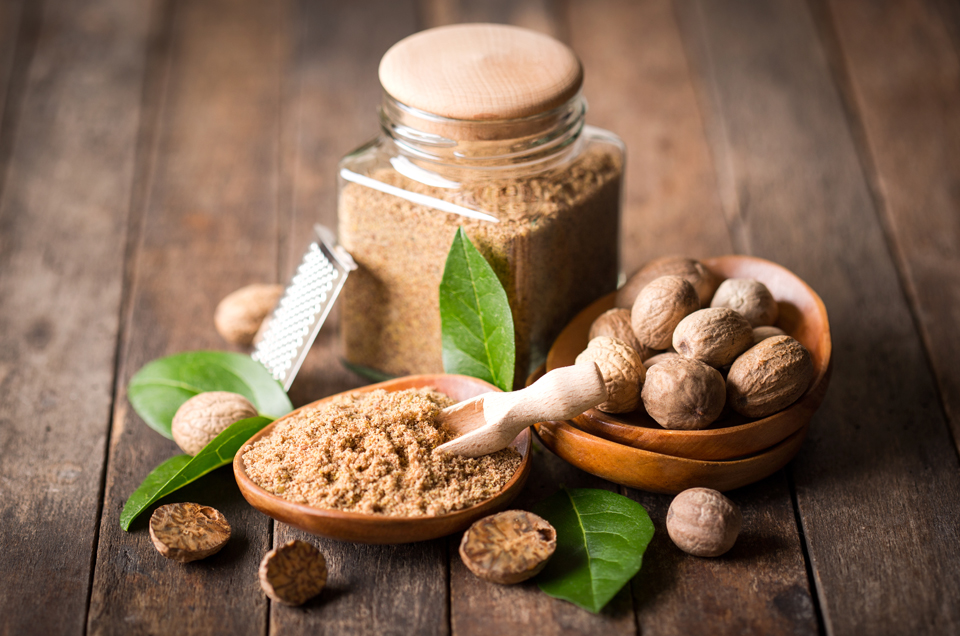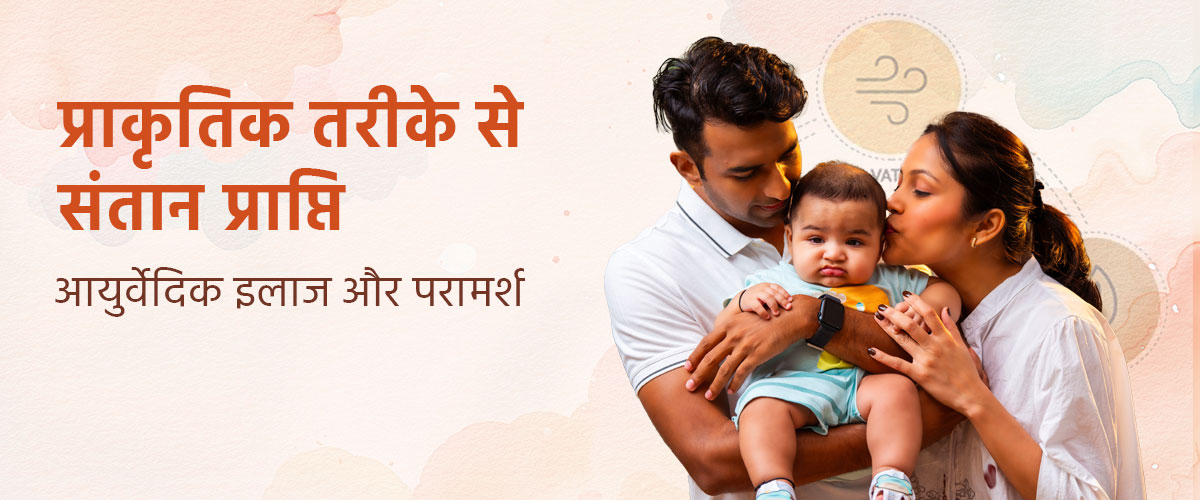Ritukala - The Ideal Season:
Considered to be the most fertile period, Ritukala is governed by Kapha. This well-developed proliferative phase accompanies ovulation. It is the period after menstruation when the endometrium thickens and grows. However, when this Kapha predominant period is affected by Vata or Pitta, it can hamper a woman’s fertility during the menstruation cycle.
Kshetra - The Fertile Land:
If your body is unhealthy, it is unlikely that you will be able to conceive or give birth to a healthy child. A healthy uterus and female genital tract facilitates the entry of the sperm. Disorders in a woman’s Kshetra can cause margavarodha (obstruction in fallopian tubes), Vyapanna yoni or Garbhasaya (uterine, cervical or vaginal pathology causing hostility to spermatozoa).
Ambu - The Nourishing Water:
Ambu refers to the liquid present in the body in the form of Rasa. This is the nutritional element responsible for the growth and development of the foetus. Ambu provides metabolic support to the fetus, while also regulating the hormones. Disorders of Ambu can cause deficiency in the amniotic fluid in them mother and nutritional insufficiency in the baby.
Beeja - The Healthy Seed:
The quality of the Beeja, or the sperm and semen, is important in the formation of the garbha (pregnancy) Unhealthy diet and habits, stress, and lifestyle disorders can reduce the quality of the sperm, leading to infertility and difficulty in conception.
In modern times, infertility has become a major issue and major challenge for medical science. However, Ayurveda seems to have identified the essential components of garbhotpati (conception). If you’d like to know more about the principles behind successful pregnancy and how to bring a child that encompasses Ayurvedic values and sanskaar, speak to our doctor today about Ayurbaby - Jiva’s new program for couples looking to start a family. Click on ‘Speak to a Doctor’ on the CONNECT tab or dial 0129-4040404 from your mobile phone or landline today.






-का-आयुर्वेदिक-इलाज.jpg)

























